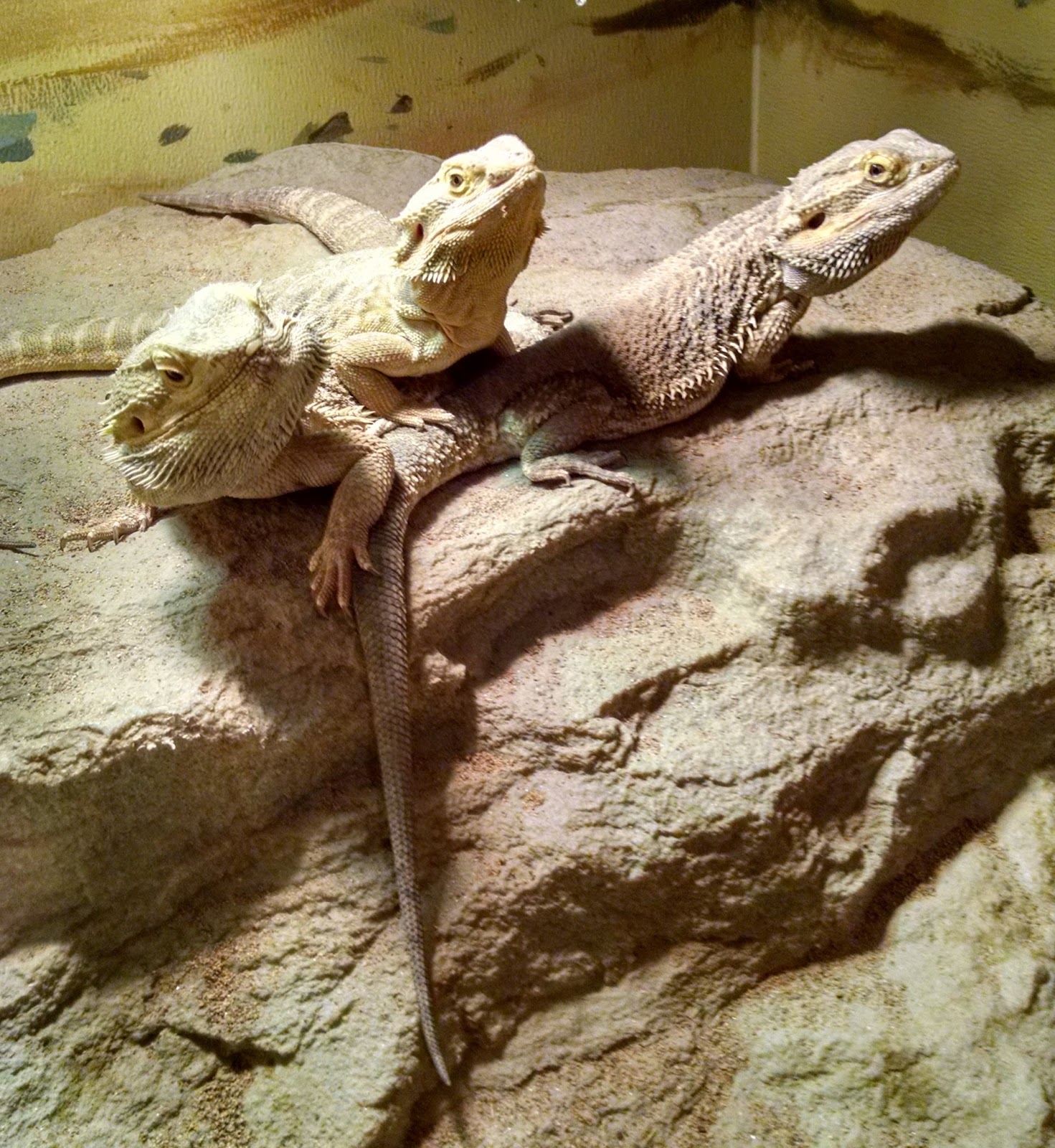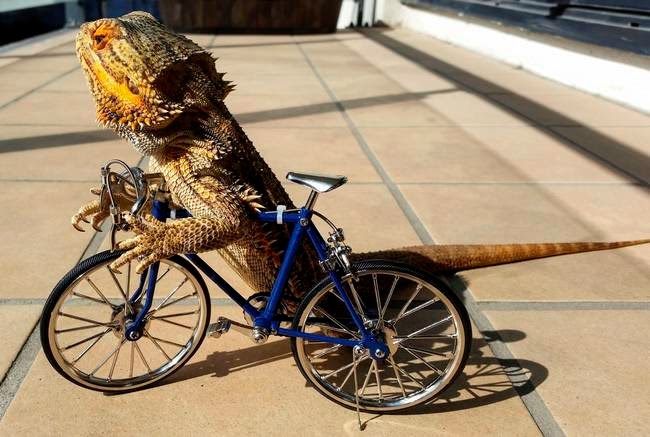Bearded Dragon Lifespan: How Long Do They Live?
Introduction
Bearded dragons are a popular choice for reptile lovers, thanks to their friendly temperament, unique appearance, and relatively easy maintenance. These lizards are native to Australia and were first introduced to the pet trade in the 1990s. Since then, they have become one of the most commonly owned lizards among pet owners. One of the most important considerations for any pet owner is the lifespan of their pet. In this post, we will explore the average lifespan of bearded dragons and what you can do to ensure your pet enjoys a long and healthy life.
Average Lifespan of Bearded Dragons
The average lifespan of bearded dragons is between 8-12 years. However, there have been cases where bearded dragons have lived for as long as 20 years when cared for properly. The lifespan of your bearded dragon will depend on various factors, such as gender, genetics, diet, and overall care. Female dragons tend to live a few years longer than males, as they are less prone to developing certain diseases. It is important to note that bearded dragons that are bred in captivity often have a shorter lifespan than those that are born in the wild. This is due to genetic factors and can be mitigated by purchasing your bearded dragon from a reputable and responsible breeder.
Factors Affecting Bearded Dragon Lifespan
Diet and Nutrition
One of the most critical factors affecting the lifespan of your bearded dragon is their diet. Bearded dragons are omnivores and require a balanced diet of both plant and animal matter. Greens, vegetables, and fruits should make up approximately 25-30% of their diet, while the remaining 70-75% should comprise of insects or other protein sources. Some of the best insects to feed your bearded dragon include crickets, mealworms, and roaches. You should also consider adding supplements to their diet to ensure they are getting all the necessary vitamins and minerals.
Habitat and Environmental Conditions
Bearded dragons come from a hot and dry climate and require specific environmental conditions to thrive. It is essential to provide your bearded dragon with a suitable habitat that includes a basking area, hiding spots, and sufficient heat and light sources. You should also maintain a proper humidity level in their enclosure to ensure they are comfortable and healthy. A well-maintained and clean habitat can prevent the onset and spread of infections and diseases, which can significantly impact their lifespan.
Health and Medical Care
Regular veterinary care is essential for the health and wellbeing of your bearded dragon. It is recommended to perform regular check-ups and screenings to detect any potential health issues early on. Common health problems in bearded dragons include metabolic bone disease, respiratory infections, and impaction. The sooner you identify and treat these conditions, the better chance your pet has at a longer lifespan.
Conclusion
Bearded dragons are fascinating and unique pets that can make great additions to any family. While their lifespan may be shorter than some other pets, taking care of these lizards properly can ensure they live a long and happy life. By providing them with a balanced diet, a suitable habitat, and regular veterinary care, you can help increase their lifespan and enjoy the companionship of your bearded dragon for years to come.

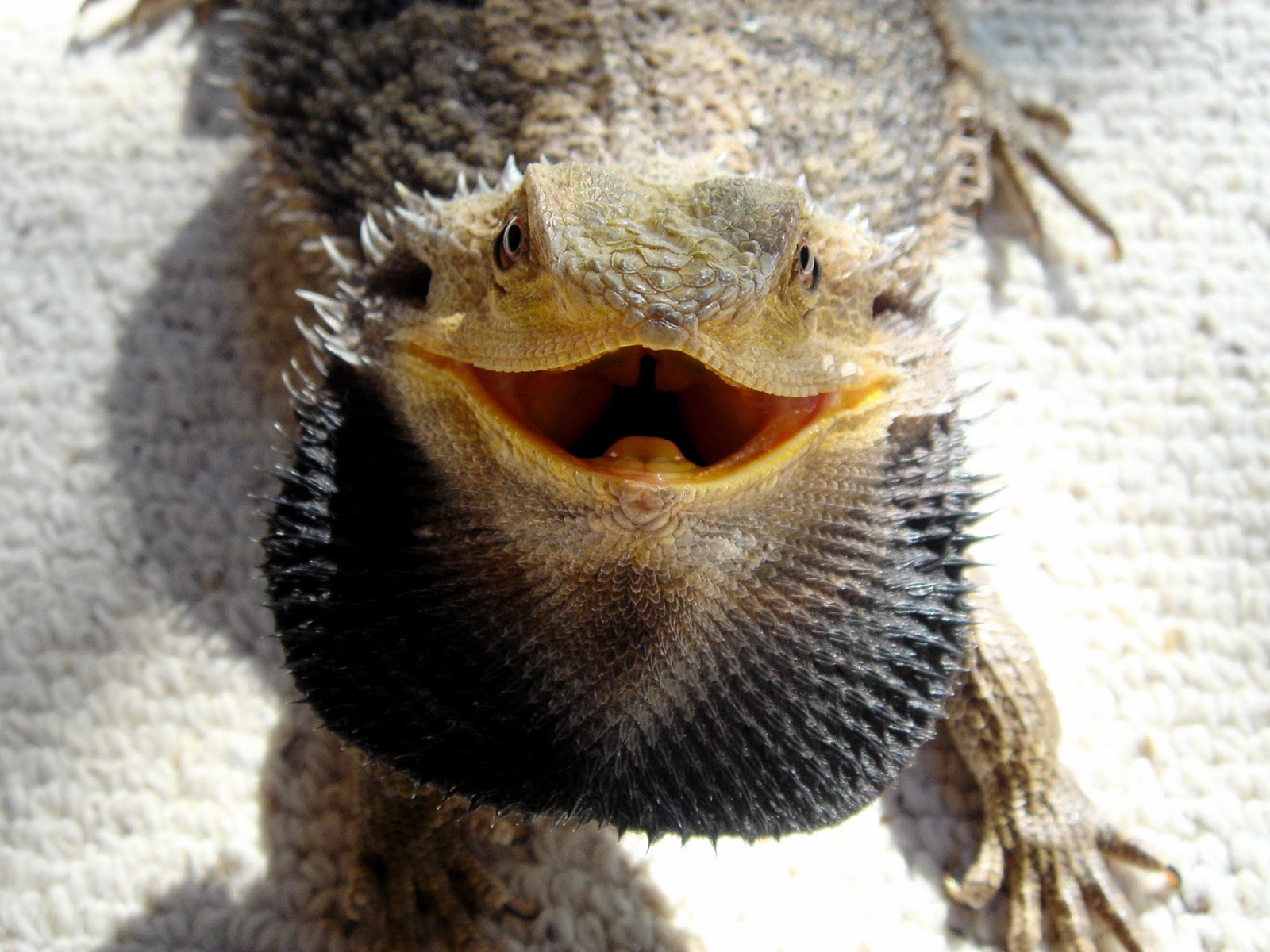

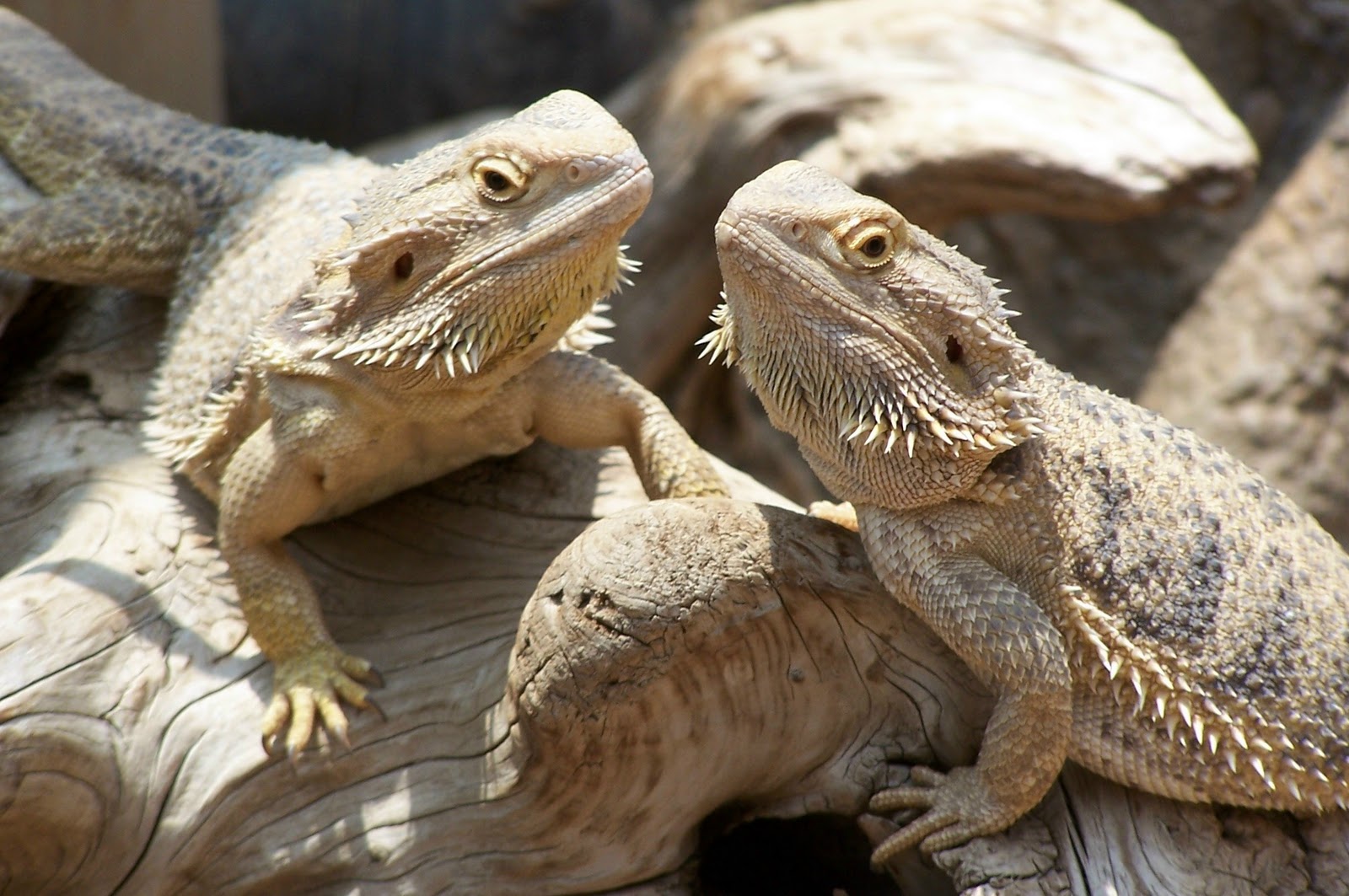

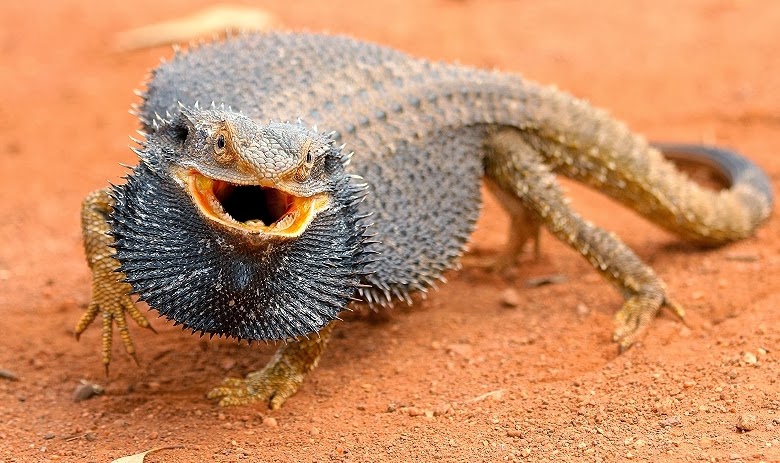.jpg)

